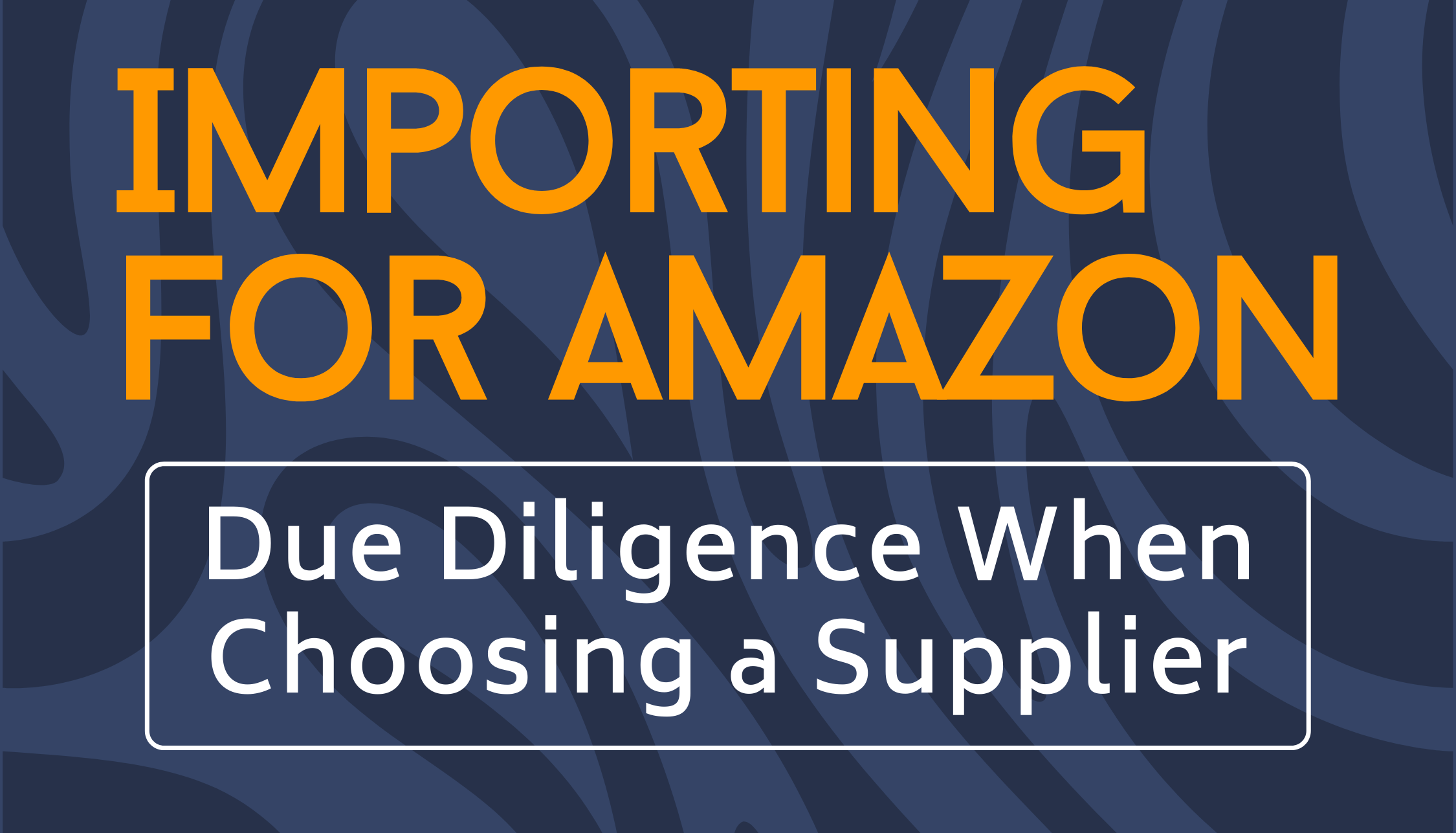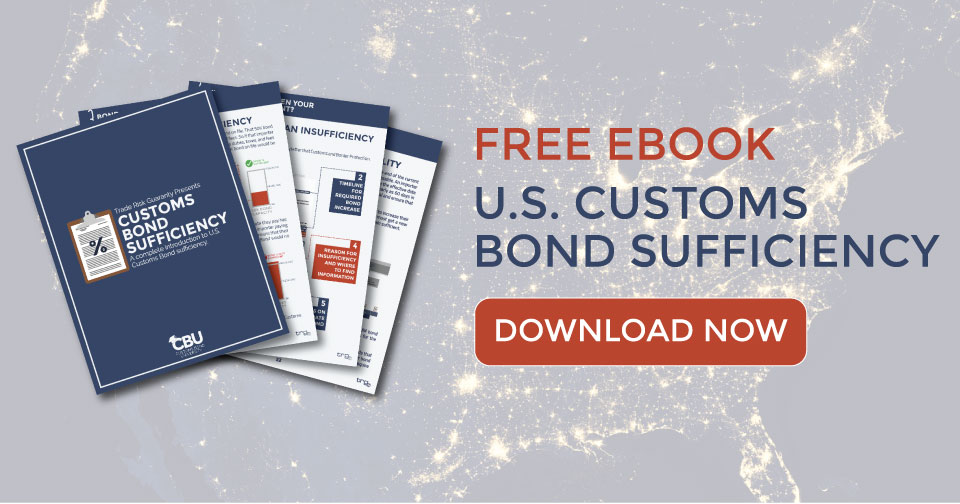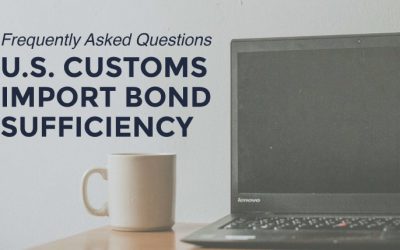FBA shippers need to perform due diligence before selecting a supplier. Performing due diligence can protect buyers from issues like loss and liability.
Due diligence is an investigation of a product or supplier to confirm all facts and ensure the purchase will meet the buyer’s needs. This can include reviewing a supplier’s financial records, company performance, product quality, or anything else reputation-related.
Supplier Integrity
Buyers should find public information so they are able to assess a supplier’s reputation for integrity and ethical conduct. This can include:
- Statements by desk officers at the U.S. Department of State and Department of Commerce; they may also provide an Enhanced International Company Profile, which includes various types of information and data and the embassy’s opinion of the supplier.
- The World Bank’s publication of firms it has reprimanded or barred
- Public records and court dockets
- Published press reports
Supplier Compliance
It is crucial to ensure that suppliers are compliant with the trade regulations set up by U.S. Customs and Border Protection (CBP). CBP issues informed compliance publications on a variety of subjects and processes. It is strongly recommended that importers ensure they are using the latest versions of these publications.
- Check that they have a policy for complying with import or export requirements. Ask what their policy covers. If they don’t have a policy, ask what procedures they have to ensure compliance with import or export requirements.
- Ask how they monitor their agents’ activities, like customs brokers and sales representatives, involved in import and export activities.
- Ask if the supplier regularly files Automated Export System reports with the U.S. Census Bureau.
- Ask if they maintain a database of import and export transactions from which they can retrieve the documents relating to a particular transaction.
- Ask to see their product listings or product matrix giving the HTSUS or Schedule B numbers with the proper classifications for their products.
- Ask for information about the U.S. Customs brokers and associated powers of attorney affiliated with the supplier.
- Ask to see the importer ID numbers used by the supplier.
- Request a list of products that the supplier claims duty preference on.
Supplier Documentation
It is essential to check that the supplier has a history of accurate documentation when they file it with CBP. To successfully do that, buyers should request samples of:
- Import and export documents filed with CBP or the U.S. Census Bureau
- Samples of USMCA or FTA certificates of origin
- Current U.S. Customs bond
- Supply chain security documentation, including any C-TPAT agreements and submissions to Customs
- Documents relating to previous, pending, threatened, or suspected government audits, investigations, or enforcement actions related to import or export operations
U.S. Trade Remedies
When importing into the United States, it is important to be aware of any special tariffs and trade remedies applicable to the items being imported.
- Ask if the supplier’s goods are subject to AD, CVD, or safeguard duties.
- It is also essential to ask if the suppliers’ goods that are not subject to AD, CVD, or safeguard duties are similar to or the same as goods subject to those duties.
- Check to see if the product being imported is subject to Section 232 tariffs.
- Check to see if the product being imported is subject to Section 301 tariffs.
Prohibited Labor
CBP encourages buyers to closely examine their supply chains to ensure that imported goods aren’t produced with prohibited labor forms. To avoid using prohibited labor, buyers should:
- Use reasonable care. Obtain advice from a licensed customs broker, trade attorney, or consultant.
- Utilize CBP’s informed compliance publications.
- Read investigative reports and other publications on labor rights and working conditions in countries that export to the U.S.





![[Webinar] How Could Changes to De Minimis Impact Your Company?](https://traderiskguaranty.com/trgpeak/wp-content/uploads/2025/05/trg-how-de-minimis-impacts-customs-bond-webinar-400x250.png)

![[Webinar] United States Reciprocal Tariffs – The What, Why, and How](https://traderiskguaranty.com/trgpeak/wp-content/uploads/2025/04/trg-webinar-reciprocal-tariffs-400x250.png)